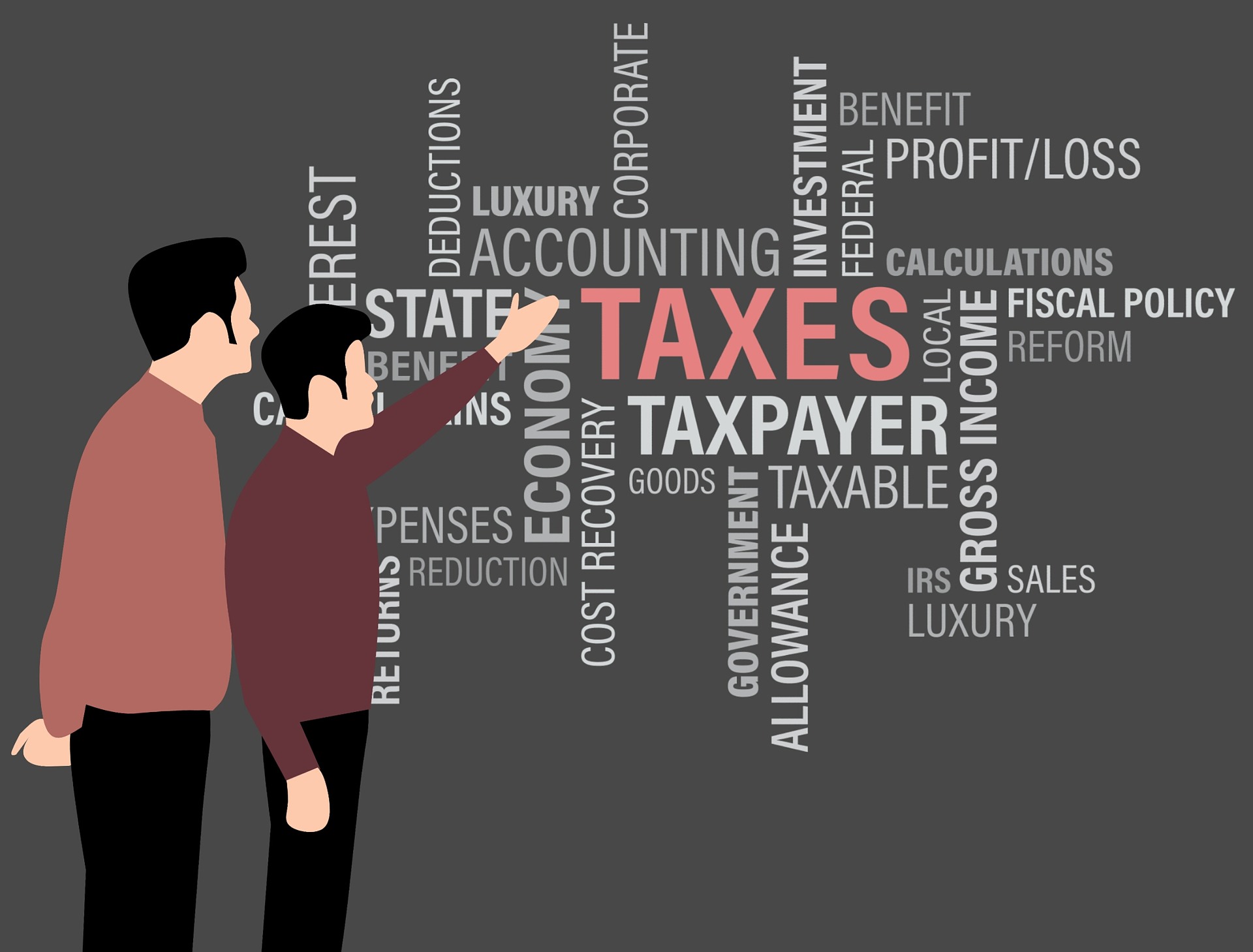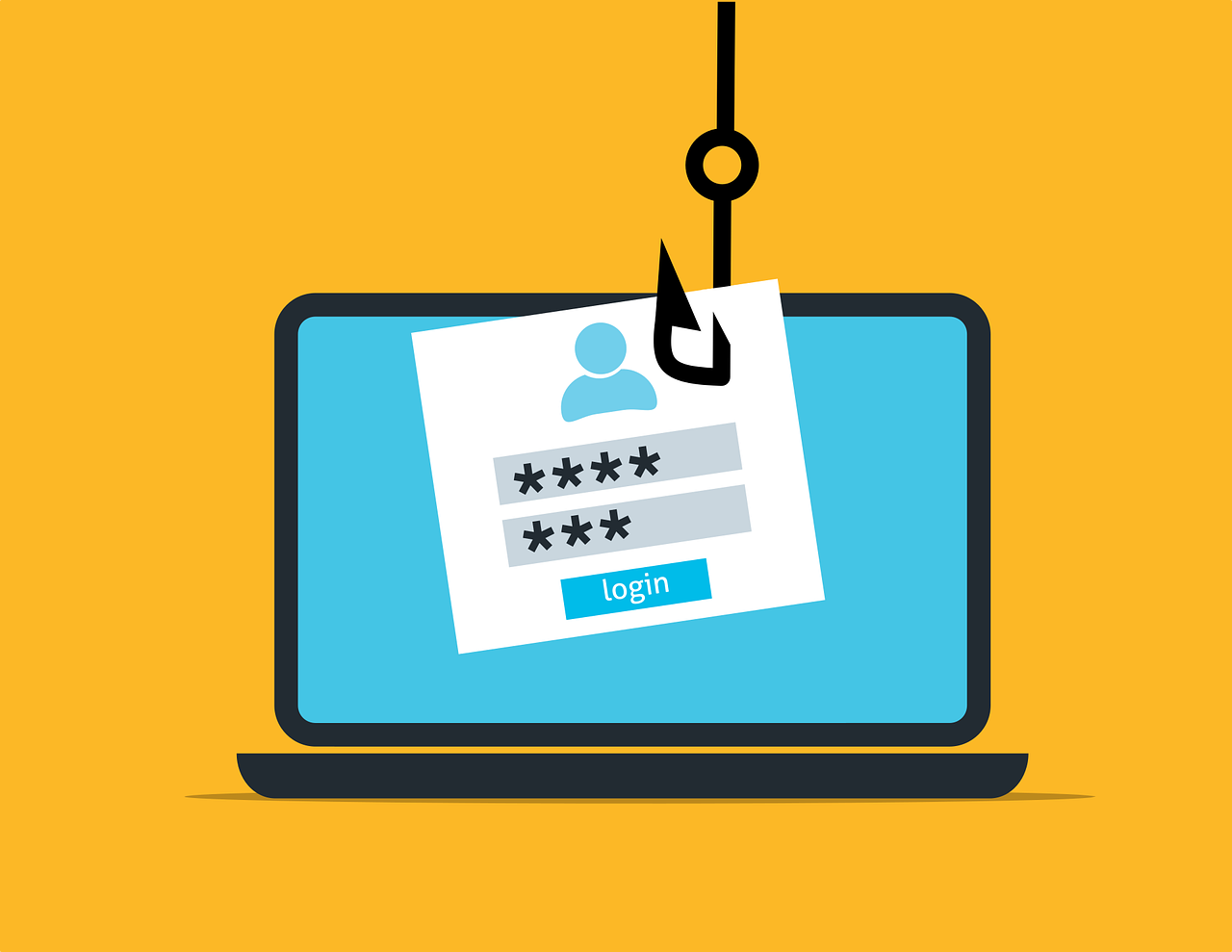According to the Business Development Bank of Canada (BDC), a financial institution with a focus on helping entrepreneurs, Canadians have a great view of small business owners. In a 2019 survey, BDC learned that other Canadians viewed entrepreneurs as brave, courageous, and hard-working. More than 88 percent agreed that entrepreneurs are important for economic development in Canada, and more than 75 percent saw it as a good way to earn income. A further 72.1 percent said Canada was a great place to start up a business. Are you in the 72.4 percent that considers “entrepreneurship as a desirable career choice?” If so, here are some things to know before you get started.
It’s Complicated
Entrepreneurship is not for the faint of heart. While there is great joy in seeing your passion come to life and sharing it with others, it always entails a lot of time, money, and emotional investment – even if you are successful from the get-go. In addition to creating and marketing your product, you need to have long-range (and flexible) plans for expansion, staff retention (workplace culture, benefits, etc.), reputation management (a must for social media and dealing with reviews and trolls), and remaining compliant with Canada Revenue Agency (CRA) at all times. In fact, CRA compliance changes as your company grow, making access to a professional bookkeeper and accountant one of your most valuable investments.
Further, should you be selling digital products, driving for Uber, or selling worldwide on a platform like Shopify, you must be aware of if you can collect GST/HST/QST from certain clients. Some types of products and some clients in particular locations are exempt.
The Definition is Broad
Entrepreneurs are defined as having their own business but that is an incredibly broad definition. The MLM participant is an entrepreneur. The home-based business is an entrepreneur. But so is the brick-and-mortar store owner with 50 employees, or the Amazon seller using dropship. In the eyes of CRA, it doesn’t matter how big or how small your business is, if you are operating out of Canada and earning income, you are subject to collecting and remitting GST/HST/QST (when the minimum threshold for earnings is reached) and reporting on all income earned.
Money Isn’t the Only Way to Measure Success
Many entrepreneurs quickly learn that high revenue is not a true indicator of success; the company could fail by simply growing too fast or become derailed with issues out of their control. The pandemic is a good example of this. Also, as governments change, access to grants, funding, and support also change. A thriving business can draw in outstanding revenue one year and have to shut its doors the next. As difficult as it can be (since most new businesses operate at a loss during their startup years) having an emergency reserve of cash is vital, as is taking full advantage of all the federal and provincial support offered.
Professional Help is Necessary
Unless you are an expert in Canadian tax law, payroll, and funding programs, going it alone means missing out on vital ways to best manage the financial side of your business. As an accounting firm specializing in helping Canadian small businesses, including e-commerce entrepreneurs, we know that having your bookkeeping and accounting needs are taken care of from the outset can be a defining factor in your long-term success. Contact us today to see how our virtual services ideally complement your business. Rather than having a full-time accountant on staff, we can support you when and where you need, from help at tax time, to being your virtual CFO, to setting you up with Xero and A2X for your online storefront, if you are a Canadian entrepreneur, we are on your side.












